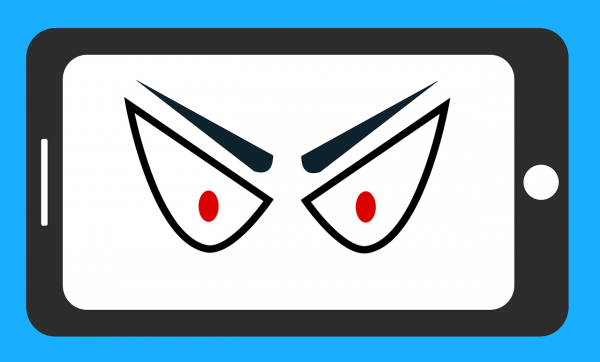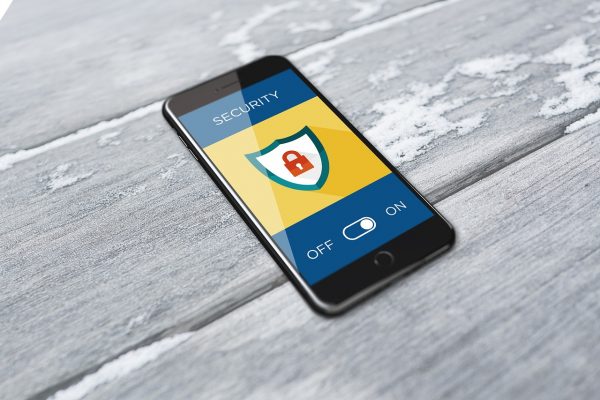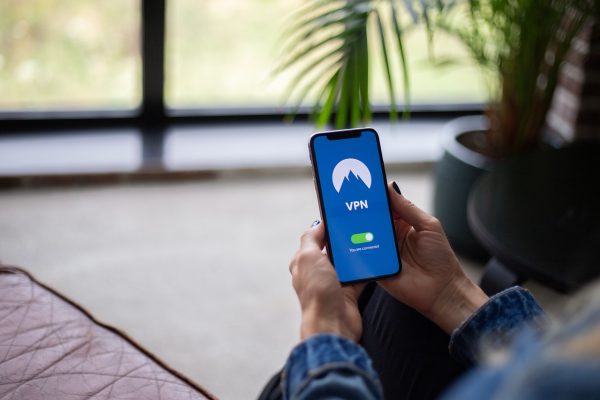Has my phone been hacked? All of us dread even asking this question. We can’t deny the truth. We spend most of the time of our daily lives holding and staring at a little rectangular screen. Smartphones today are very powerful computers. They allow us to do anything under the sun. We depend on them heavily today than ever before. Browsing our social media and managing our finances through our devices is the norm. We store a huge amount of personal and confidential information on them. So, imagine if someone gets a hold of this data. That would be pure and utter chaos for everyone. Exactly, how do you tell if your phone is hacked?
Why Do Smartphones Get Hacked?
Back then, hackers especially like to target and breach desktop and laptop computers. Technological advancements brought the advent of smartphones and vice versa. In relation, cybersecurity countermeasures for these personal computers and servers have greatly improved. Hence, hackers consider phones now as a much more exposed target. It also doesn’t help that we all store valuable information on them. Among these are our personal identity data, social media passwords, credit card numbers, and bank account codes.
Phone attacks are classified into two main types: targeted breach and personal privacy invasion. A targeted breach is where a hacker installs malware on your mobile. They intend to use it or steal data from it. On the other hand, a personal privacy invasion is self-explanatory. It aims to steal your identity and take control of your bank accounts.

How Do Hackers Attack Your Phone?
Hackers enhance and sharpen their skills. So, you should be in the know. Here are several ways on how they compromise your device:
- SIM Swapping/Jacking – This happens when hackers transfer your phone number into their own SIM card. They reset your email password using your number, eventually locking you out. The hacker then gains access to all accounts connected to your primary email.
- Spyware and Malware – Attackers can install spy apps and malware by having direct access to your device. Spyware collects personal information. It lets hackers monitor your phone activities remotely. On the other side, malware can either steal your data or disable your device.
- Suspicious Sites and Apps – Applications are a natural gateway in hacking a phone. Malware can be downloaded simultaneously with apps from suspicious sites. Clicking on links and pop-ups is another access point. Once installed, these apps operate under the radar. They inflict damage while appearing normal.
- Phishing Through Messaging – Be wary of text, email, and social media messages asking something of you. They often claim to be from your friends and relatives. These may contain deceptive links that may try to install malware.
- Public Wi-Fi Networks – Hackers also try to snoop your data through open Wi-Fi. They can see all unencrypted traffic on an unsecured network. So, beware of connecting to public Wi-Fi just because it has full signal bars. They also might redirect you to lookalike sites to snatch your log-in credentials.
- Malicious Charging Stations – Watch out where you connect and juice your smartphone. Both electricity and data go through the same USB cable and port. This makes charging stations a possible venue for hacking.

Warning Signs That Your Phone Has Been Hacked
Now, how can you tell if your smartphone has been breached? The following are symptoms you can look out for. Take note that these are not set in stone. There may be other legitimate reasons why your device acts as it is. But if you’ve experienced a bunch of these signs and pertinent issues take effect, then you should take necessary steps.
- Sluggish Performance – If there’s malware running in the background, chances are it will slow down your phone’s performance. This ranges from freezing to certain apps crashing. Apps may also continue running despite tries to close them. The phone crashing or restarting by itself is another sign as well.
- Notable Battery Life Decrease – A phone’s battery life decreases over time. A breached device may have a significant drop. That’s because malware uses phone resources to relay data to third parties.
- Device Heats Up More Than Ever – The same reason as above, your smartphone may turn and feel hotter than before.
- Data Usage Increase – Your data usage might show an unusual increase right after a suspicious event. Malware possibly transmitted your data to other parties and criminal servers.
- Constant Pop-ups – Not all pop-ups directly mean that your phone is compromised. If they continuously appear, the device might be infected with adware. Adware forces your smartphone to view specific pages that earn revenue through clicks.
- New Apps Installed Without Permission – Service providers and phone manufacturers occasionally install legitimate programs that serve as updates. If certain applications are installed without your operation and permission, then malware might be the culprit.
- Some Apps Stop Working – Do you have apps that used to run seamlessly then suddenly stopped working? It’s possible that malware is interfering with their functionalities.
Other Tell-tale Signs
- Sites Appear Different Than Before – Some malware is capable of proxying on your smartphone. It sits and relays communication between your web browser and the internet. It may also insert commands of its own, thus affecting how pages look.
- Attempts to Access Suspicious Sites – Your device may be infected if it still tries to access problematic sites you’ve restricted it from.
- Strange Texts and Calls – Is your phone sending and/or receiving calls and texts to numbers you don’t know? Beware, these may be numbers that malware is forcing your device to contact. It will try to wrest money from you more often than not. Learn how to block spam calls and unknown numbers here.
- Background Noise – Do you hear strange background noises while listening to your audio player? How about during a phone call? Your device may have been hacked. An intruder might be listening to your conversations.
- Email Blocked by Spam Filter – Do spam filters block emails sent from your phone? If yes, then your email configuration may have been altered. Your messages may also be sent through an uncertified server. In turn, a shady third party can possibly read them.
- Unusual Service Interruptions – Dropped calls and inability to make one even with excellent signal strength are examples of unusual service disruption. These interruptions are normally caused by technical issues rather than a hack. If these symptoms show after one regrettable action you took, then you may have been compromised.
- Unexpected Bill Charges – Hackers have myriad ways to exploit a breached phone to extort your finances. So, check your billings and accounts for any unrecognized costs.
- Data Leaks – Have you already experienced some sort of data leakage? If yes, then there is no doubt your smartphone has been hacked.

What to Do If Your Phone Is Hacked?
You can take these corrective actions if your smartphone is compromised:
- Check whether you have unauthorized purchases and transactions. If there’s any, notify the necessary parties and contest if possible.
- Change your accounts’ passwords immediately. Make them stronger. You can opt to use two-step verification as well as biometrics if possible.
- Uninstall all suspicious applications right away.
- Install mobile security software immediately and run them. They will scan for viruses and malware. Also, they may still shield your important apps from infection.
- Breaches can render your device inoperable. Consider restoring it to factory settings. This will wipe the phone’s memory. So, do this as a last resort. Reinstall your programs only from trusted app stores.
- Show your device to a tech professional if all else fails.

How to Prevent Your Phone from Being Hacked?
Of course, prevention is always better than cure. Read on how to avoid future device breaches.
- Always lock your phone. Use a password, pattern, or biometrics if possible.
- Never leave your device unattended. Do not let people you don’t trust use it.
- Check the applications on your phone regularly. See if there are any unrecognizable ones.
- Install antivirus and anti-malware software. Run routine scans on your phone.
- Update your verified apps regularly.
- Use a virtual private network (VPN). VPNs provide safer online traffic and more private web browsing.
- Avoid ‘jailbreaking’ your phone. This only disrupts its security configurations.
- Keep your accounts protected with diverse and complex passwords.
- Always get updated about phishing attacks.
- Don’t open dubious links, files, and messages. Don’t access and use untrusted download sites. These may be sources of spyware and malware.
- Switch off your Bluetooth when not in use. An open one is a potential access point for attackers.
- Be wary of using charging stations and public Wi-Fi. Always enable your mobile security apps if you need to connect to one. Disconnect immediately when you’re done.
